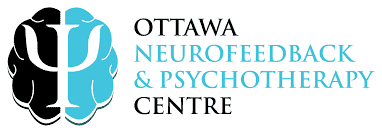Autism spectrum disorder (ASD) presents as a multifaceted developmental condition marked by persistent challenges in social communication, restricted interests, and repetitive behaviors. While ASD is recognized as a lifelong condition, the extent of functional impairment stemming from these challenges varies among individuals.
Diagnosis of Autism Spectrum Disorders
Early detection of ASD symptoms is pivotal, with signs often becoming noticeable before a child’s first birthday. However, symptoms typically become more evident by the age of 2 or 3. In some instances, functional impairments may remain subtle until a child begins school, where deficits may become more pronounced, particularly in social settings.
Social communication deficits associated with autism spectrum disorder (ASD) may manifest as:
- Reduced inclination to share interests with others.
- Challenges in understanding and expressing one’s own and others’ emotions.
- Reluctance or aversion towards maintaining eye contact.
- Limited proficiency in utilizing non-verbal gestures.
- Speech characterized by stiffness or adherence to scripted patterns.
- Literal interpretation of abstract concepts.
- Difficulty initiating or sustaining friendships.
Restricted interests and repetitive behaviors observed in individuals with autism spectrum disorder (ASD) may involve:
- Rigidity in behavior, facing significant challenges in adapting to changes.
- Intense fixation on specific, often narrow topics, disregarding other subjects.
- Expecting others to share their level of interest in those particular subjects.
- Struggling to accommodate alterations in routine or novel experiences.
- Heightened sensitivity to sensory stimuli, like loud noises.
- Engaging in stereotypical physical movements, such as hand flapping or rocking.
- Organizing objects, particularly toys, meticulously and in specific arrangements.
Neurofeedback as a Treatment Option
Neurofeedback therapy emerges as a promising treatment avenue for ASD, targeting specific brain activation patterns associated with symptom reduction and functional enhancement. This therapy can aid in behavior management, emotional regulation, social communication, speech development, and academic performance, offering valuable support for individuals with ASD and their families.



